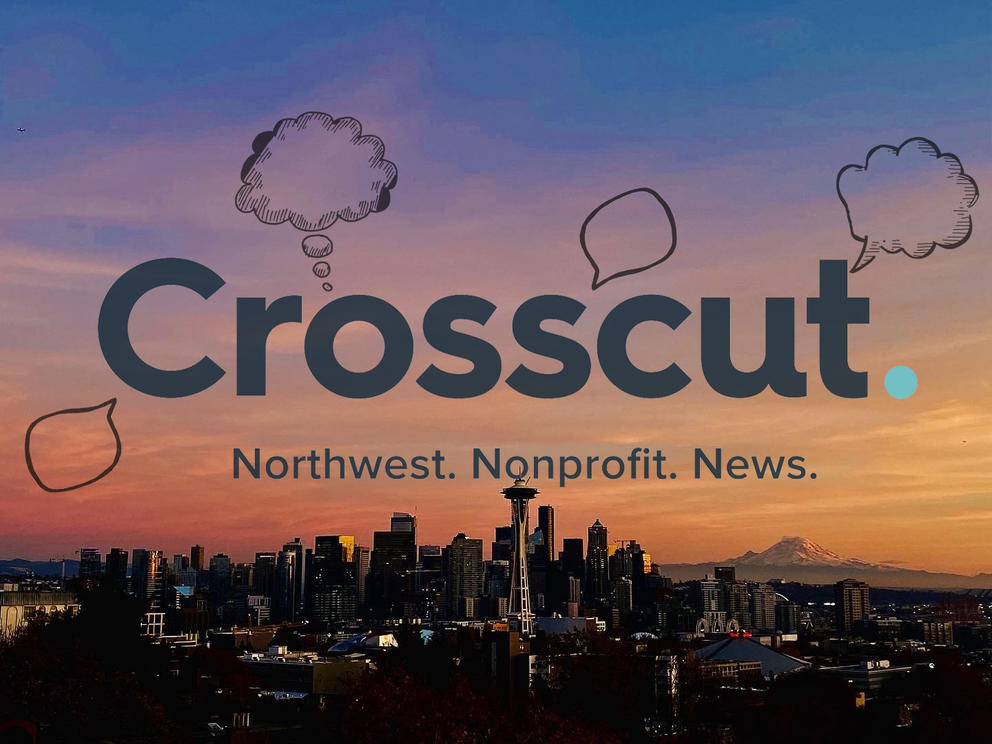We came to this decision after months of discussion with our newsroom. In the digital age, social media has largely replaced under-article forums. And the tenor of our comment sections has frequently been rife with bigotry, racism and deliberate misinformation that undermines our journalism. On a human level, those comments have real world effects on people who make themselves vulnerable by publicly sharing their stories.
Getting rid of comments used to be a passive conversation in our newsroom, but it came into sharper focus when comment threads on dozens of articles published this year contained threats of violence, racist attacks and other forms of toxic behavior, in particular our reporting on Washington’s first Muslim women lawmakers, gender diverse youth and the roles that race plays in our culture.
Ultimately, we reached two conclusions: (1) People have myriad ways these days to discuss the news — without Crosscut moderating what’s said. We share our stories on social media sites like Twitter and Facebook to foster conversation, and we’ll continue to do that. (2) The time spent moderating comments could instead be invested in finding more meaningful ways to listen and talk with you.
With an audience team of just three people, we had to weigh the time and effort that go into moderating comment threads with the other initiatives we're creating to give Crosscut readers a voice. We analyzed our Disqus data and we found that roughly 17,400 comments were made on our site in 2019, but 45% came from just 13 people. That data tells us that social media, email, phone calls, letters to the editor, our Crosscut events and an occasional visit to the newsroom are far better tools for us to hear about your concerns, story ideas, feedback and support.
So here’s how we’re taking action: In mid-January, we’ll be introducing a new way for you to help shape our coverage, pose smart questions for us to sniff out and give us feedback. This will include a new effort to publish a “letters to the editor” column so your feedback will be transparent and bring more people to the table to talk about our editorial decisions.
We appreciate the thoughtful questions you’ve raised over the years and we hope you’ll bring that energy into our upcoming projects.
In the meantime, stay in touch with Crosscut by:
- Liking us on Facebook
- Following us on Twitter
- Following us on Instagram
- Chatting with us on Reddit
- Signing up for one (or all) of our newsletters
You can always reach Audience Engagement Manager Anne Christnovich at anne.christnovich@crosscut.com for questions or concerns.
Stay tuned — and thank you for reading Crosscut.





